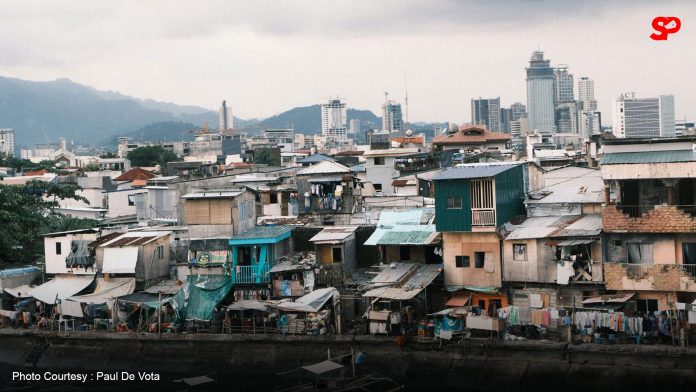By Raymond Dimayuga
Eat the Worm is a weekly column that dives headfirst into unconventional ideas, uncomfortable truths, and the gritty realities we often shy away from. Much like the brave tradition of “eating the worm” in a tequila bottle, this column challenges readers to confront the hard stuff with courage and curiosity. This is a fearless exploration of life’s rawest and most compelling topics.
Politics and Hypocrisy
Politics often presents itself as a platform for change and collective progress, but it is no secret that it operates in a sphere riddled with hypocrisy. Campaign periods are saturated with calls to elect leaders who will uplift the nation, serve the public, and pursue the greater good. While these ideals are noble, they often clash with the realities faced by individuals and families who struggle daily to make ends meet. The promise of national progress can feel hollow when personal needs remain unmet, highlighting the dissonance between lofty political rhetoric and the immediate concerns of ordinary citizens.
At its core, politics is as much about individual interests as it is about collective goals. Many voters, whether consciously or not, base their choices on one critical question: “What’s in it for me and my family?” This isn’t an indictment of selfishness but a reflection of survival. In a world where poverty persists and inequality widens, the idea of voting solely for altruistic purposes feels impractical. For many, a politician’s ability to provide direct benefits, tangible assistance, or opportunities carries more weight than abstract commitments to national progress.
There are, of course, exceptions. Some individuals prioritize patriotism and vote for candidates they believe will truly serve the country’s long-term interests. However, such voters often represent a minority in systems where economic hardship dominates. To label those who prioritize their family’s well-being as villains would be to ignore the complex realities they face. These voters are not devoid of values; they are simply operating within a framework where survival outweighs idealism. To their loved ones, they are heroes, making choices that ensure safety, sustenance, and stability.
This pragmatic approach to elections underscores the multifaceted nature of democracy. It reveals how deeply personal decisions intersect with public policy. While it might seem contradictory to prioritize immediate personal gains over broader societal advancement, this perspective aligns with human nature’s instinct for survival and care for one’s own. The challenge lies in creating a political environment where these interests are not mutually exclusive— where individual welfare and national development can coexist harmoniously.
As another election looms, the tension between principle and practicality becomes apparent once more. Voters will cast their ballots not just for the greater good but for what secures their family’s future. Far from being selfish, this choice reflects the basic human need to prioritize the well-being of those who matter most. Understanding this dynamic can lead to more empathetic political conversations and policies that address both personal and national priorities.
No matter how self-serving it may sound.

